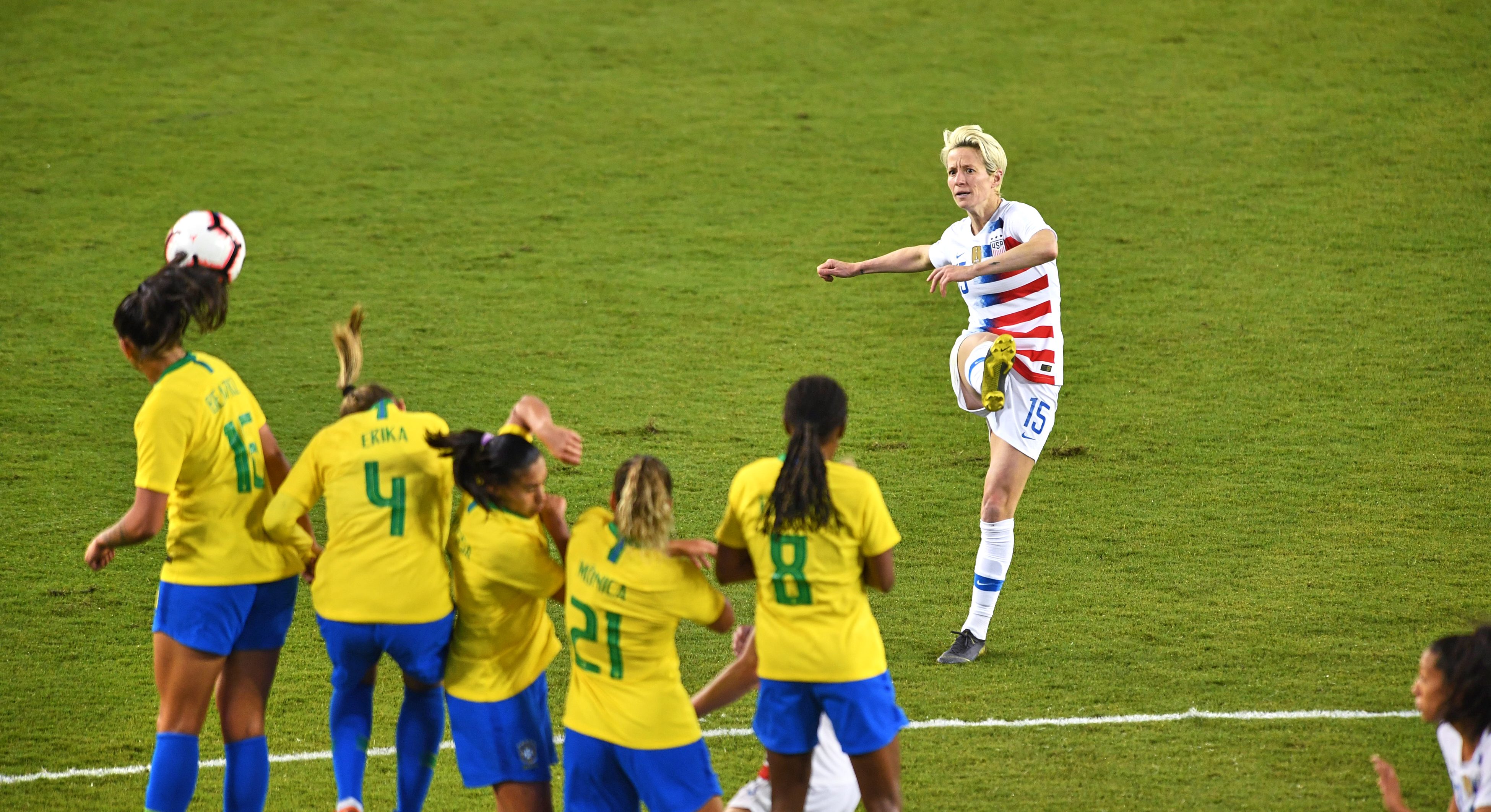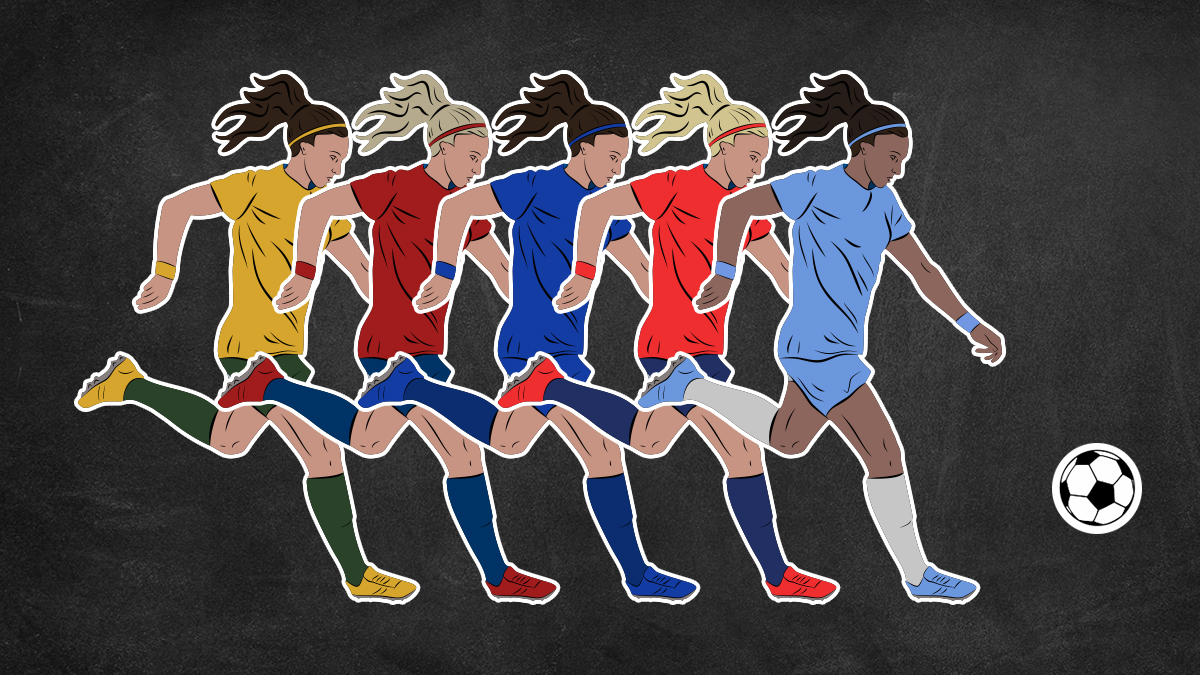The Women’s World Cup is back again, which means one of the most controversial calls in sports has also returned.
The offside rule has caused some of the most frustrating moments ever in soccer and is the bane of some fans' existence. Offside is often called at the most inopportune times of the game, and almost every team in the history of soccer has been on the receiving end of an egregious offside call.
Offside whistles often end in disputes because referees are human, which means there is always room for error. Referees are even sometimes attacked following games that end in offside controversies.
Over the years, the offside rule has evolved, but for casual fans, it still can be a challenge to fully comprehend. So, here’s all you need to know about the detailed offside rules in soccer ahead of the 2023 Women’s World Cup:
Get top local stories in Philly delivered to you every morning. Sign up for NBC Philadelphia's News Headlines newsletter.
What is offside in soccer?
Offside in soccer is a rule that stops players from standing near the opposition's goal. A player becomes offside when they are on the opponent's side of the field and the player either doesn't have the ball or two players from the other team are between them and the goal.
There is, however, no offside offense if a player receives the ball directly from a goal kick, throw-in or corner kick.
What happens if a player is caught offside?
According to FIFA rules, a player is penalized for offside “at the time the ball is touched or played by one of [their] teammates.”
This means that every inch of a player’s head, body or feet must be in front of the last defender when the ball is passed to them.
If the referee determines that a player is offside, the referee awards an indirect free kick where the offense occurred, including if it is in the player’s own half of the field. But the ball must be passed to another player before a goal can be scored.
Is technology used to help spot offside offenses?
At times, referees will miss a goal scorer from an offside position or disallow a truly deserved goal, which is usually followed by a group of tearful fans in the stands.
For this year's Women’s World Cup in Australia and New Zealand, FIFA will use semi-automated offside technology to help offer support for the video match officials and the on-field officials, if they request it, in an effort to help them make faster and more accurate offside decisions.
How can a player avoid being offside?
Players can avoid being offside by checking that there is a defender further up on the field at all times. The player must make sure that the defender does not slip behind them, which would cause them to be in an offside position.
Why is the offside rule important?
The offside rule prevents offensive players from lingering in the area near the opposing team's goal, which would allow the offensive player to score easily. This rule is similar to "cherry picking" in basketball where a defensive player runs back to play offense before the defensive possession is over.



